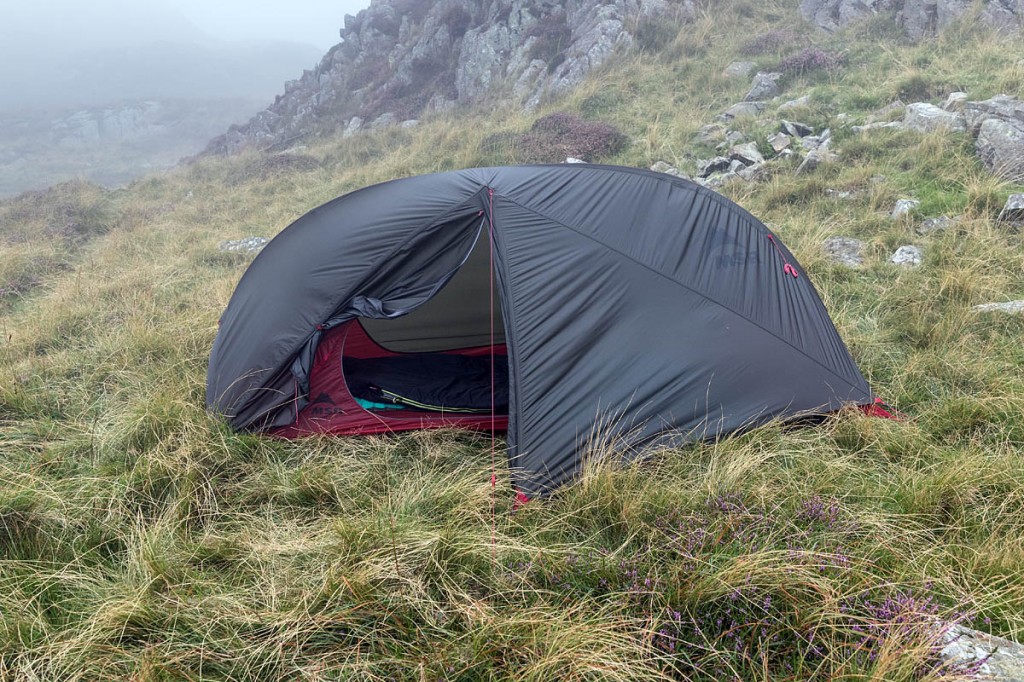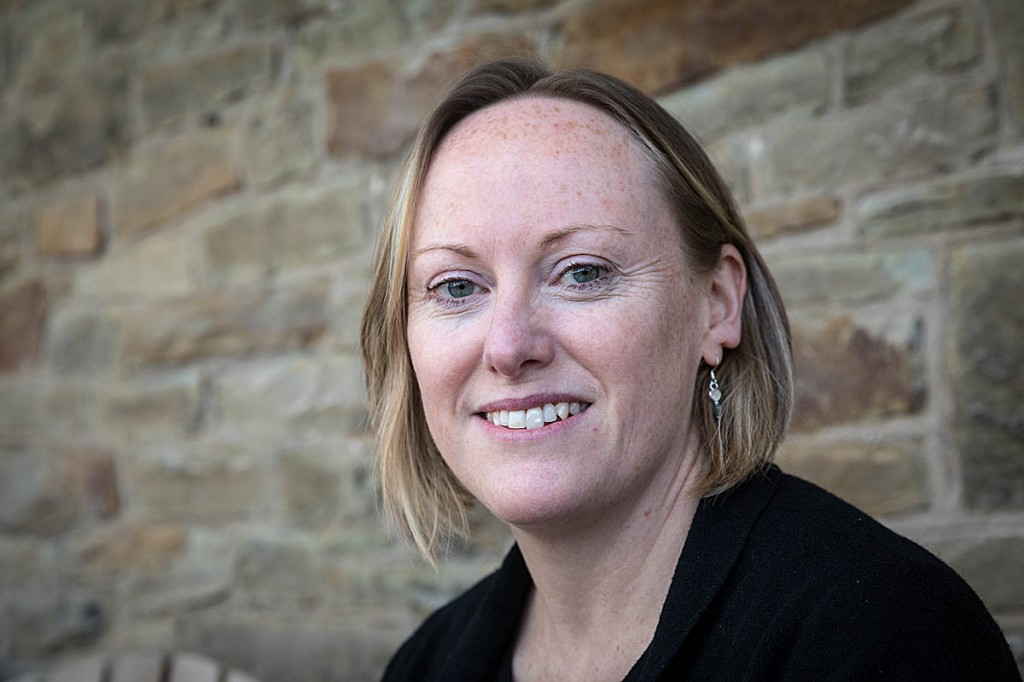The British Mountaineering Council said it was disappointed not to have been consulted over the launch of a commercial wild camping scheme.
The council, the representative body for climbers, hillwalkers and mountaineers in England and Wales, said the existing arrangements seems to be working well.
UK Wild Camping has suspended its service, which involved would-be wild campers paying £20 to receive a grid reference of a site where they could pitch their tent with the landowner’s consent.
Two national parks, the South Downs and the Lake District, were involved in the project.
The plan, which was launched at a Houses of Parliament attended by Lake District National Park Authority chief executive Richard Leafe, was roundly condemned by the outdoor community. The commercial venture, which received ‘seed-funding’ from the UK Government’s Department for the Environment, Food and Rural Affairs, promised to pay half the fee to the landowner; a quarter to the national parks and a quarter to the company running the scheme.
BMC’s access and conservation policy officer Cath Flitcroft said: “The launch of a new wild camping website with support from Defra and two national parks allowing anyone to ‘book a spot’ in a remote area for a fee and experience ‘wild camping’ was seen in late May 2019.
“The idea has been met with anger and negativity from across the outdoor community and the website content has since been removed.
“The BMC believes that wild camping should encompass the freedom to choose where to camp, without any regulations, to be self-sufficient and to do so in a discreet and responsible manner, in wild places away from civilisation.
“In Scotland this is permitted under the Scottish Outdoor Access Code, but in England and Wales it is not considered legal unless the permission of the landowner is obtained. However, there are some parts of England where wild camping is either legal, eg Dartmoor, or generally accepted – the Lake District – and many people wild camp discreetly in our hills and mountains, following a strict ‘leave no trace’ ethic.
“This appears to function well in practice. In the BMC’s opinion, asking for payment in return for ‘exclusive rights’ to camp in a specified area is not wild camping.
“The BMC is disappointed not to have been consulted over the Defra-backed pilot scheme or to have been included in discussions with the group responsible for the website as they developed their ideas and thinking.
“We are keen to meet with the group responsible to find common ground and discuss a way forward.”


Helene Roe
04 June 2019As the representative body for mountaineering, walking and climbing in the UK, I would have thought that the BMC would have been the first point of contact for 'UK Wild Camping'. For them not to have been informed or consulted at all is ludicrous. This new organisation appear to have got it wrong at many levels!
Neil o' The North
04 June 2019With the greatest of respect to Helene Roe (Above) the BMC are NOT the representative body for mountaineering, walking and climbing in the UK
as their remit only covers England and Wales.
Mountaineering Scotland hold this responsibility north of the border and as is stated in the article wild camping responsibly is perfectly legal in Scotland.
Mountaineering Ireland cover both the Irish Republic and Northern Ireland and Ireland has it's own access agreements and laws.
I'm really not having a go at Helene as she makes some good points in her post but I suspect the old UK/England = same thing trap sprung here again and was also one of many factors in the whole UKwildcamp fiasco. They did rather make a bit of a Brexit of the whole thing!
The whole scheme is simply another attempt to 'monetise' something that is currently free which is modern day carpetbagging.
Paul Hutchinson
04 June 2019The national parks were created by the people for the people and the right to roam as we are all custodians of our Nation not customers !Why would you buy something you already own.?
Jeff Breen
05 June 2019And why was rhe leader of the Lake District National Park in favour of the scheme? The same person in fact who supported the Honister Zip wire, and seems to want to make the Lake District into a money making theme park!
Persistent optimist
06 June 2019Wild camping should surely be that.
Rarely seen overnight stops in the wild.
Arrive late, leave early, take memories and leave nothing.
A fee paying organised small campsite is not the way to go - a semi permanent yurt half way up a hillside ...
What next? A licence to roam/camp requiring an annual fee so that the park rangers can become hillside water bailiffs?
If it isn't broken don't fix it.
matthew dalby
08 June 2019I completely agree with the 1st 3 points made by Persistent optimist, however I think the situation is completely different in areas such as the South Downs, New Forest compared to the Lakes, Snowdonia etc. Since areas such as the South Downs don't really contain "remote" areas and most of the land is more intensively managed than the higher parts of England and Wales I'm not convinced that it is possible to "wild camp" in these areas, and informal camping would be a better term. If there was a scheme whereby farmers received a small fee from people camping informally and people were confident that they could camp without being asked to move on this could allow more people to experience the benefits of camping out in nature rather than a noisy official site as well as ensuring that farmers felt they were in some small way benefiting this could be a good thing all round.
Since our National Parks are so different in terms of how they are managed by local people what is appropriate in one Park may well not be appropriate in others. I agree with Persistent optimist's final point in the context of the Lakes, Snowdonia etc, but in some other Parks it isn't broken because it doesn't exist, so schemes that could help bring it about should be welcomed.